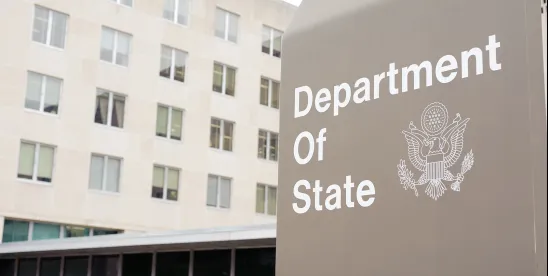On December 9, 2024, the U.S. Department of State updated the J-1 Exchange Visitor Skills List, revising the countries subject to the two-year foreign residence requirement. The updated Exchange Visitor Skills List is effective immediately and applies retroactively.
Quick Hits
- On December 9, 2024, the State Department updated the J-1 Exchange Visitor Skills List, revising the countries subject to the two-year foreign residence requirement.
- J-1 visa holders from China, India, and other countries may see a significant reduction in restrictions depending on the changes in their respective skills lists.
- The change, which took effect immediately, is retroactive, potentially allowing J-1 visa holders who were previously subject to the residence requirement to apply for certain immigration benefits.
The J-1 visa is a nonimmigrant visa that enables individuals to participate in various exchange visitor programs in the United States, such as those for au pairs, research scholars, students, physicians, and government visitors. Designed to promote cultural exchange, the J-1 visa can include a two-year residence requirement if the J-1 visa holder received government funding, participated in a medical training program, or if the J-1 visa holder’s field of study or expertise is listed on the State Department’s Exchange Visitor Skills List for the visa holder’s home country. The two-year foreign residence requirement means that after completing their J-1 programs, those subject to the requirement must return to their home countries or countries of last residence for at least two years before applying for certain nonimmigrant visas or permanent residence in the United States.
On December 9, 2024, the State Department implemented a significant update to the countries subject to the Exchange Visitor Skills List, marking the first revision since April 2009. This update removed more than thirty countries, including major nations such as Brazil, China, and India from the list, thereby exempting their citizens from the two-year residence requirement. This revision did not alter the list of skills.
Additionally, this revision supersedes the 2009 Skills List. Consequently, J-1 visa holders who were subject to the two-year residence requirement at the time of their admission or acquisition of J-1 status based on the 2009 Skills List will no longer be subject to this requirement if their country is not designated in the revised list. However, other factors could still make them subject to the requirement.
J-1 visa holders can determine if they are subject to the two-year foreign residence requirement by reviewing the Skills List to identify the code associated with their J-1 field of engagement. If the State Department has identified a need for that particular skill in the visa holder’s home country, the skill code will be listed under the visa holder’s country, subjecting the visa holder to the two-year residence requirement.
U.S. Citizenship and Immigration Services (USCIS) can grant a waiver of the two-year residence requirement upon a favorable recommendation by the State Department under one of the following circumstances:
- A U.S. federal government agency deems the J-1 visa holder’s continued stay in the United States is in the public’s interest.
- The J-1 visa holder demonstrates that they would face persecution based on race, religion, or political opinion if they returned home.
- The J-1 visa holder demonstrates their departure from the United States would cause exceptional hardship to their U.S. citizen or lawful permanent residence spouse or child.
- The J-1 visa holder’s home country issues a “No Objection” statement indicating that it has no objection to the J-1 visa holder remaining in the United States.
J-1 visa holder physicians who participated in an accredited fellowship or residency program in the United States after obtaining their medical degrees abroad may be eligible for other waiver programs.
Next Steps
The update to the Skills List reflects a significant development in the J-1 visa program. Employers that hire J-1 visa holders now have expanded options for retaining skilled professionals.




 />i
/>i

